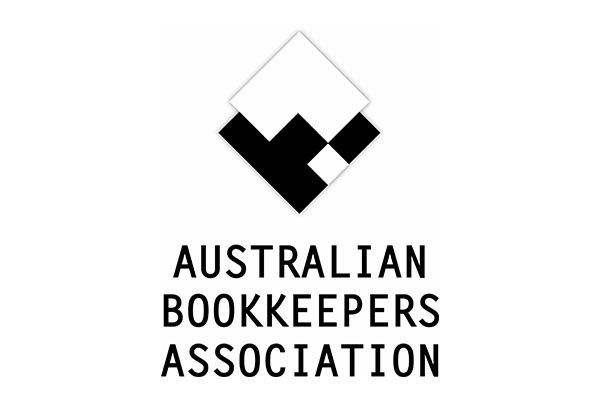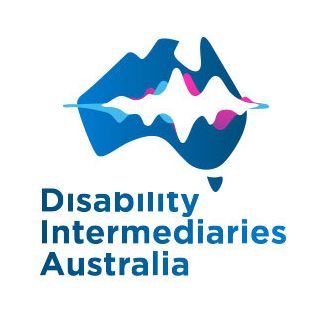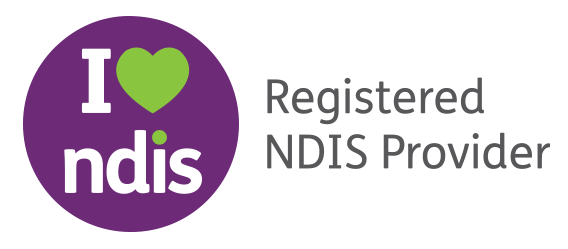Participant Enquiries
Understanding Assistive Technology in the NDIS
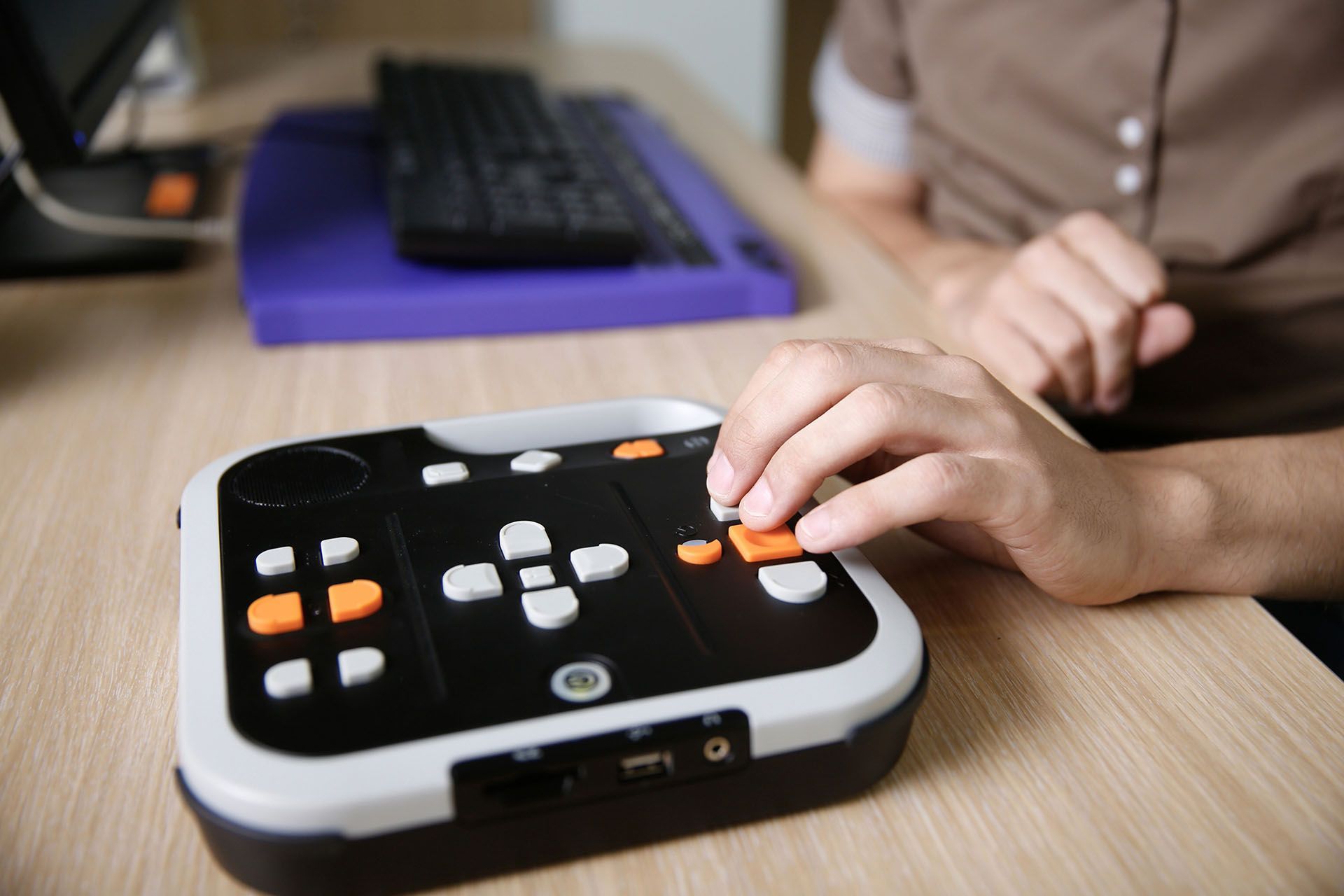
Assistive Technology (AT) is vital in helping NDIS participants increase their independence, mobility, and quality of life. Whether it’s a simple piece of equipment like a walker or a high-tech communication device, AT can support those with disabilities. But how does Assistive Technology fit into the NDIS? This guide breaks down everything you need to know, incorporating the latest NDIS reforms to help you navigate the system effectively.
What is Assistive Technology (AT)?
Assistive Technology (AT) refers to any device, system, or equipment that helps individuals with disabilities perform tasks they might otherwise find challenging. AT can range from low-cost daily aids to more complex, custom-designed equipment.
Examples of AT include:
- Mobility aids like wheelchairs, prosthetics, and walkers.
✔️ Communication devices such as speech-generating tools.
✔️ Home modifications, including ramps and handrails.
✔️ Hearing and vision aids like cochlear implants and magnifiers.
✔️ Adaptive technology for computers, such as voice recognition software. - Recent NDIS Reforms: As of October 2024, the NDIS has introduced more explicit funding guidelines, ensuring that AT requests fall within the “supports in” category. Participants must demonstrate that the requested technology directly relates to their disability and meets the reasonable & necessary criteria.
How does the NDIS fund Assistive Technology?
The NDIS provides funding for AT under the Capital Supports category in a participant’s plan. The funding level depends on the equipment type and the participant’s needs.
AT is categorised into three levels:
1. Low-Cost AT ($1,500 or less per item)
✔ Everyday items that do not require an assessment.
✔ Example: Walking sticks, adapted cutlery, non-slip mats.
✔ Can usually be purchased from general retailers without prior approval.
2. Mid-Cost AT ($1,500 - $15,000 per item)
✔ Requires some assessment or professional recommendation.
✔ Example: Manual wheelchairs, basic hearing aids.
✔ May require a letter of recommendation from an occupational therapist or allied health professional.
3. High-Cost AT (Over $15,000 per item)
✔ Complex or custom-built equipment requiring detailed assessments and approvals.
✔ Example: Power wheelchairs, prosthetics, home automation systems.
✔ Requires formal quotes, assessments, and approval from the NDIA.
🔹 Recent NDIS Reforms: As of March 2025, funding plans will include defined funding periods (typically 12 months). This means participants must plan their AT purchases accordingly to align with their allocated budget.
How to Request Assistive Technology in Your NDIS Plan
If you need Assistive Technology, follow these steps:
1. Identify Your Needs: Work with an occupational therapist, physiotherapist, or relevant specialist to determine what AT best supports your goals.
2. Include AT in Your Plan: During your NDIS planning meeting, discuss your need for AT and provide supporting evidence from healthcare professionals.
3. Get Quotes & Approvals: For mid and high-cost AT, you’ll need a formal quote and may need NDIA approval before purchasing.
4. Purchase & Set Up: Once approved, your AT provider will help you with purchasing, fitting, and training on using your equipment.
🔹 Recent NDIS Reforms: The NDIS has streamlined the plan variation process, allowing participants to make specific changes such as adding AT without needing a complete plan reassessment. This makes it easier to adjust your plan as your needs evolve.
How Plan Management Can Help with AT Purchases
Navigating AT purchases can be complex, Plan Managers help by:
✔️ Processing invoices and payments for approved AT.
✔️ Keeping track of your NDIS budget so you don’t overspend.
✔️ Ensuring compliance with NDIS funding guidelines.
✔️ Providing advice on how to request funding for AT in your following plan review.
🔹 Recent NDIS Reforms: Effective 3 October 2024, all claims for NDIS-funded supports, including AT, must be submitted within two years of the service being provided. Participants should keep records and submit claims promptly to avoid delays.
How Empowrd Can Help
Assistive Technology (AT) can be life-changing, providing greater independence and improved quality of life for NDIS participants. Understanding how AT is funded, what approvals are required, and how to request it in your plan can help you get the right equipment to support your goals.
🔹 Recent NDIS Reforms: The NDIS focuses more on individualised funding and timely claims processing. Participants should ensure they work closely with their planners to secure funding for AT within the updated guidelines.
If you need help navigating the NDIS, Empowrd is here to assist you every step of the way. Based in Port Lincoln, Empowrd supports NDIS participants with Australia-wide Plan Management and local Support Coordination.
Call (08) 8683 4401 or
visit our website to learn more.

NDIS Plan Management and Support Coordination
At Empowrd, we are here to make your life easier. Based in Port Lincoln on the Eyre Peninsula, we offer a personal, accessible and holistic approach to NDIS Plan Management and Support Coordination.
We provide Plan Management services across Australia, assisting with financial administration, and offer Support Coordination to participants in Port Lincoln and Eyre Peninsula, connecting them with the right supports and providers. Our goal is to ensure your NDIS plan works for you, so you can focus on achieving your goals and doing what you love.
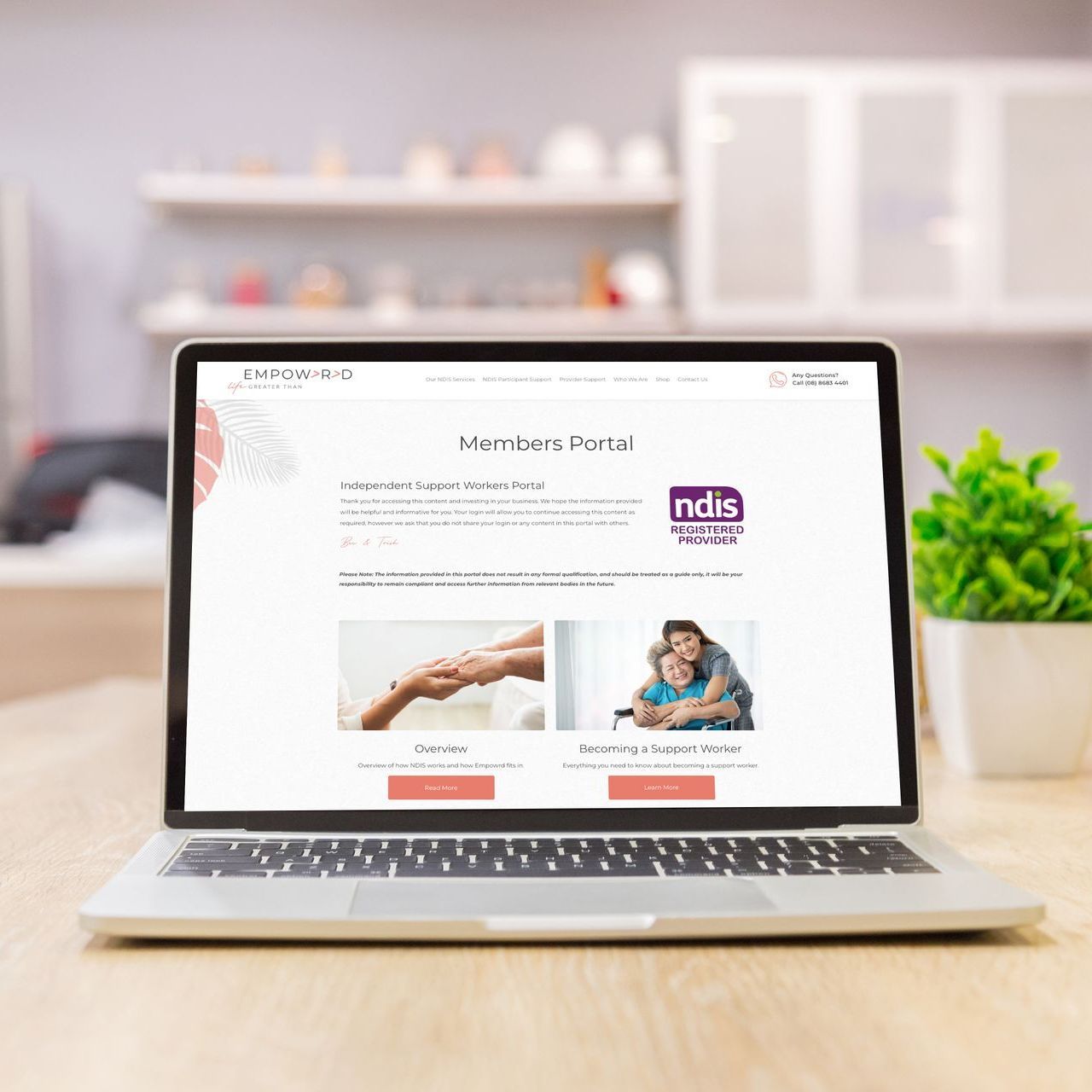
Want to Become a Support Worker?
Our Independent Support Workers Education Portal provides everything you need to navigate the NDIS, find work, and confidently offer services as an Independent Support Worker. For just $65, you will gain access to comprehensive guides, essential resources, and ready-to-use templates to streamline your work.
Inside, you will find:
- A clear breakdown of how the NDIS works
- Tips for finding jobs and delivering services
- Step-by-step guidance on invoicing and support planning
- Ready-to-edit templates for quotes, service agreements, invoices, and case notes
Need just the templates? You can also purchase them separately as standalone resources.
I hope you enjoy reading this blog post.
If you are ready to be Empowrd to live your life to the fullest, let us steer you on the right path.
Be EMPOWRD to Live Your Best Life
If you’re ready to be empowered to live life on your terms, we’re here to help guide the way. At Empowrd, we offer a personal, accessible, and holistic approach to NDIS Plan Management and Support Coordination. We’ll ensure your plan works for you, allowing you to focus on your goals and the things you love most.











